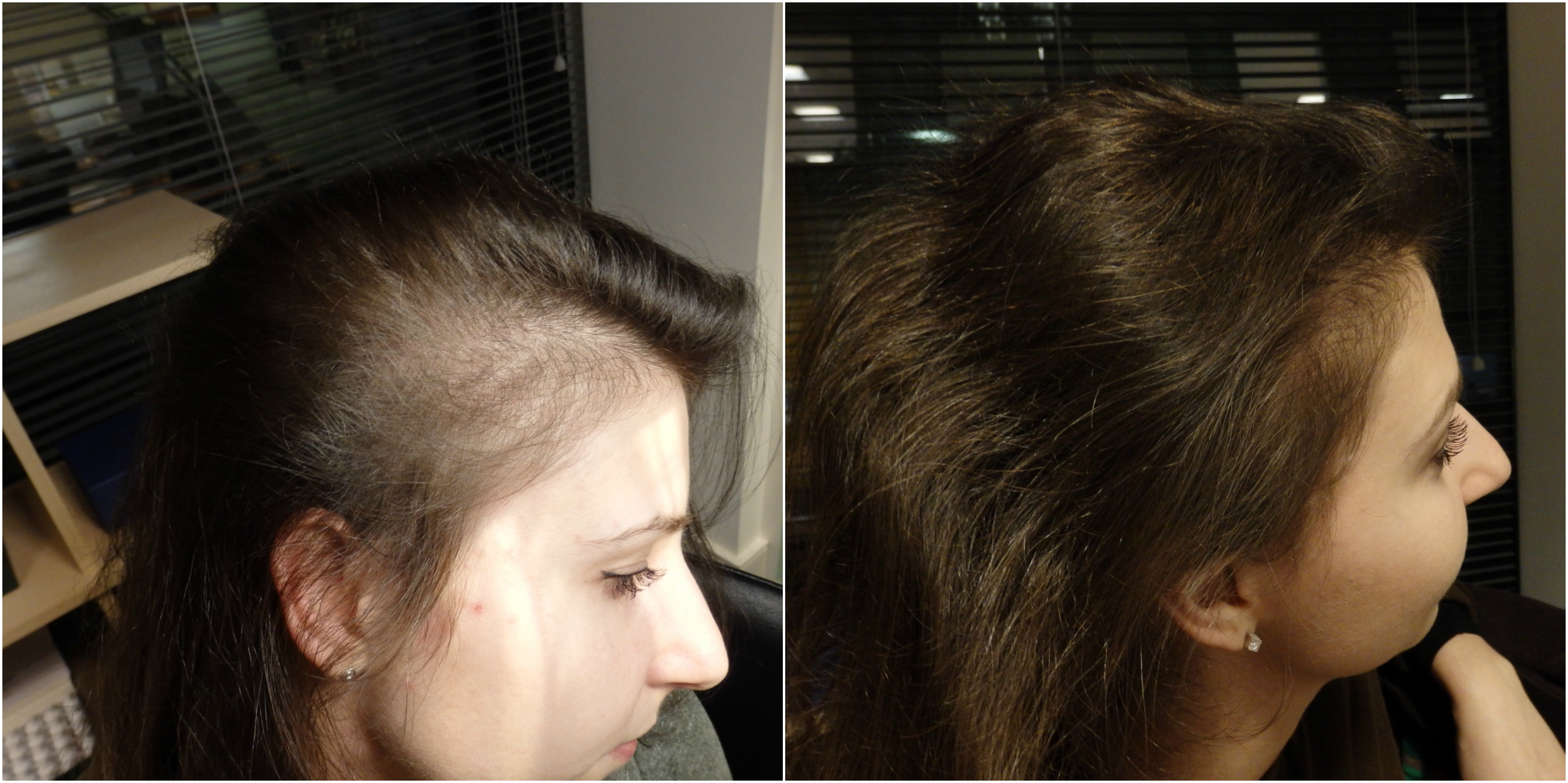Hair loss is a common situation for millions of people as they get older, and it affects men more often than women.
Androgenic alopecia is the most common type of hair loss in the United States, affecting about 50 million men and 30 million women, according to New York University Langone Health.
While hair loss is considered permanent according to many industries that stand to profit from hair transplants or drugs, the truth is that hair loss can be reversed through a combination of lifestyle changes, environmental changes, exercise, therapy, the release of trapped emotions, and, perhaps most importantly, nutrition.
Hair loss for both men and women is considered to be “genetic,” which is often a code word for “irreversible” like many other conditions.
But the latest science of epigenetics is painting an entirely different picture: that we can turn our genes and genetic expressions “on” and “off” by changing the factors listed above among many others, allowing us to reverse many conditions thought to be irreversible by allopathic medicine.

Study Shows: Pumpkin Seed Supplement Drastically Improves Hair Growth
Pumpkin seed oil is not consumed often, but it’s well known as a superfood for human health.
Pumpkin seeds are anti-parasitic, packed with protein and minerals like zinc and magnesium, and rich in fiber among other benefits.
A study described as “significant” by Healthline.com was published in 2014
According to the website it represents what might be “the most rigorous study on a plant-based hair growth alternative thus far.”
In the study, men with “pattern baldness” took either pumpkin seed supplements or a placebo.
Those who took the pumpkin seed supplements experienced 30 percent more hair growth than those who used the placebo (sugar pill), according to Healthline.
Women were not part of the test group, but considering the rich mineral content of pumpkin seed it’s easy to understand why it is able to help build the different building blocks of the body including our hair back up.
The supplement taken in the study also included mixed vegetable powder, evening primrose powder, corn silk powder, red clover powder and tomato powder.
Those who took the supplement, with pumpkin seed as the key ingredient, did so for 24 weeks to obtain their hair growth results.
“One scientific theory for how pumpkin seed works for hair loss is that the oil’s phytosterols promote hair growth,” Healthline.com wrote.
“Phytosterols are sterols found in many plants…they show (mostly) positive health benefits,” the site added, noting that more research needs to be done.
How Pumpkin Seed Oil Supports Hair Growth
The site stated that pumpkin seed oil may block hormones and enzymes in a person’s scalp that could cause hair loss.
Pumpkin seed oil is rich in phytosterols, compounds that perform this function.
Pumpkin seed oil works well as a supplement, a salad dressing, or topically as a moisturizer.